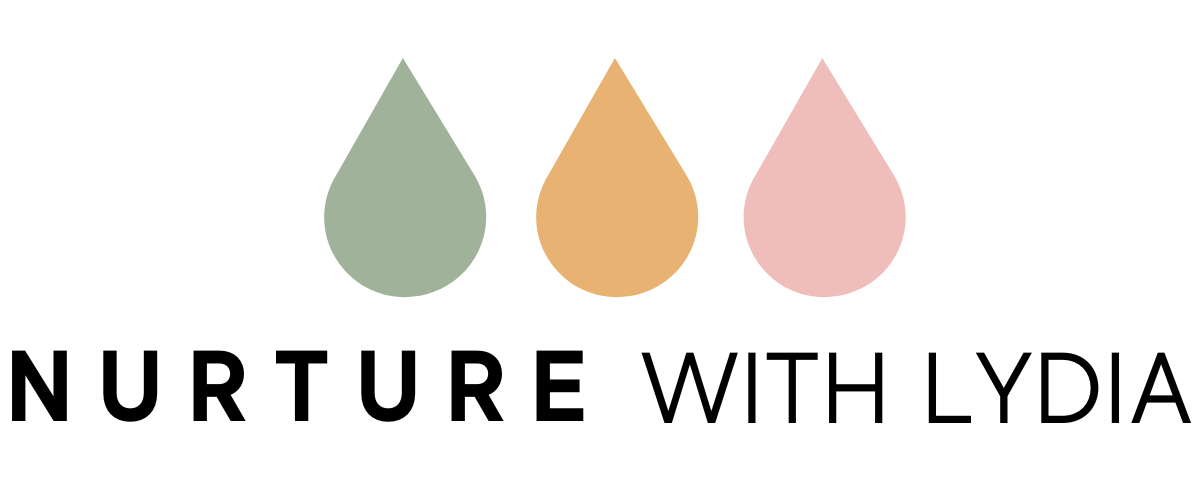How to deal with unsolicited parenting advice
Whilst you’re navigating pregnancy and the fourth trimester, an unexpected challenge you may encounter is dealing with unsolicited comments about you and your baby. It can feel like someone’s always got something to say or offer advice on, or maybe there’s an opinionated person in your life who thinks they’re the expert on your baby - and feeding is a popular topic. Even if it’s well meaning, it’s rarely helpful and feels invasive and irritating.
Unwanted opinions about feeding can come from a stranger in a supermarket or a doctor, or from a family member or friend. Other people’s feeding and parenting experiences can heavily influence the way they talk to other people about this emotive topic, but that doesn’t mean you deserve to feel uncomfortable about your feeding choices at any point.
So how do you navigate those uncomfortable conversations and set healthy boundaries without affecting your relationships?
I’ve listed some tips on how to handle unsolicited comments and opinions about feeding your baby.
Nobody gets to make decisions about your baby apart from you & your partner
People will always have their opinions. But just because they say them out loud, doesn’t mean you have to follow their advice. If you would prefer to avoid conflict, simply let their words pass in one ear and out the other, then carry on parenting as you want to!
Just because they asked, doesn’t mean you have to answer
It’s perfectly ok to say that you don’t want to answer a question that you find uncomfortable, intrusive, or plain rude. Just because someone is brazen enough to ask it, doesn’t mean they’re entitled to an answer.
Prepare your reply
Preparing a few replies in advance can make you feel more calm and confident if you do receive unsolicited comments, and here’s a few examples you could try:
· We’re happy with how we’re doing things
· I appreciate your intentions but I’m not looking for advice on feeding my baby
· Thanks but that wouldn’t work for our family
· We’re doing just fine as we are
· I think I’m going to seek some professional feeding advice (this doesn’t have to be true)
What worked for them might not work for you
When someone has a baby, they’re an expert on their baby – no one else’s. Babies aren’t robots who all work the same way; they’re wonderfully unique but this also means that feeding advice is not a “one size fits all” situation. All advice needs to be tailored to a mother and baby’s specific needs and circumstances so, just because their baby dropped night feeds at 6 months, doesn’t mean your baby will or that something’s wrong with them if they continue to night feed for a long time.
If you ever have concerns about your baby – seek out skilled feeding support rather than listen to someone who isn’t qualified to be giving you advice
Just because they’re offended, doesn’t mean you’re wrong
Setting boundaries is only problematic for someone who wants to continually disrespect you. If you state your boundaries clearly and explain why you feel the need to set them and they’re offended by this – it doesn’t mean you’re doing something wrong. Of course trying to be polite – especially if you know the person in question had good intentions – may help when setting the boundary; if you snap at someone they may automatically get defensive.
If you clearly explain what you are and are not comfortable hearing and they are not ok with this – that’s their issue.
I appreciate some family relationships are extremely complex and so navigating them will be a very personal and individual experience for you, but boundaries are still important - especially when you’re feeling vulnerable as a new parent and need support around you more than ever.
If you need support with feeding your baby, please get in touch. I’m here to help!
How you decide to parent your baby is your own personal choice and is to be respected. As long as your baby is happy and healthy, nothing else matters.

